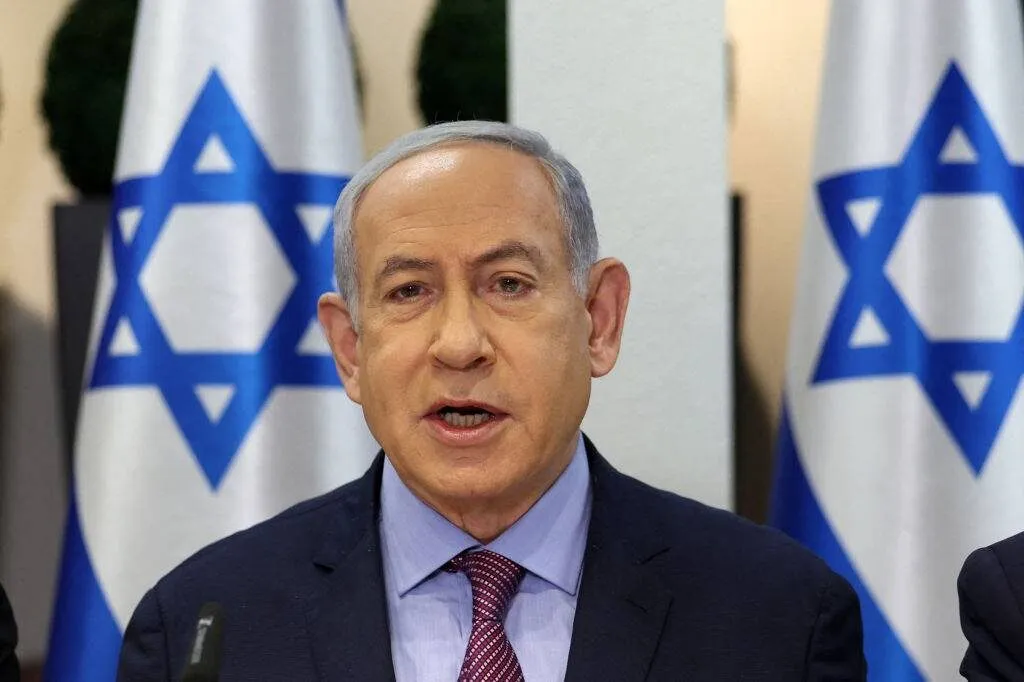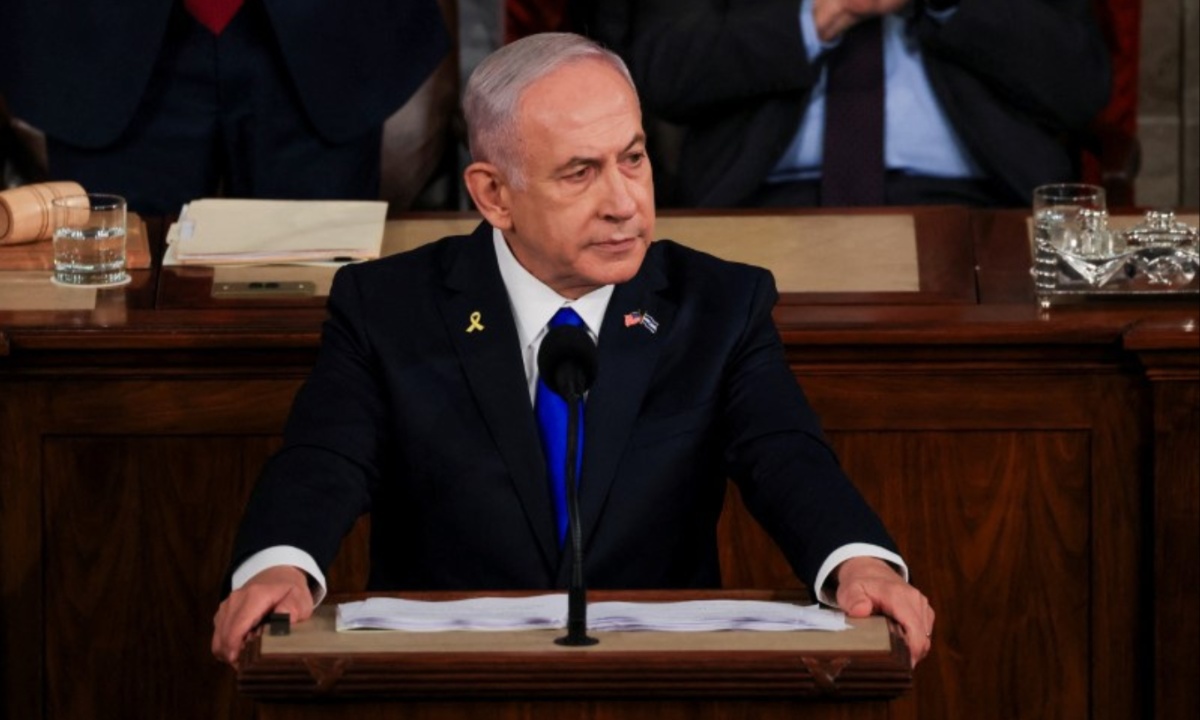Israeli Prime Minister Benjamin Netanyahu made clear his stance on potential ceasefire and hostage negotiations with Hamas, stating that no agreement is currently close to being reached. In an interview with Fox News, Netanyahu denied reports suggesting that a deal is 90% completed, calling such narratives inaccurate. He emphasized that Hamas has not agreed to any key points in the negotiation, including the release of hostages or halting violence, refuting the claims of progress made by other outlets.
Netanyahu has been facing growing accusations that he intentionally blocked an agreement with Hamas. According to an Israeli newspaper, Netanyahu allegedly derailed a proposed ceasefire and hostage release deal in July by introducing a series of last-minute demands. These reports have been covered by various news outlets, but the recent leak of a document adds weight to claims that Netanyahu is responsible for obstructing the negotiations.

Netanyahu Denies Progress in Ceasefire Talks with Hamas, Blames Group for Obstacles
In response to these allegations, Netanyahu placed the blame squarely on Hamas, stating that they are the ones hindering the end of the conflict. He highlighted the violence Hamas has perpetrated and insisted that Israel is not the obstacle in negotiations. When questioned about the families of American hostages pushing for their loved ones’ release, Netanyahu expressed understanding for their anguish but maintained his position that Hamas is the real barrier to progress.
Meanwhile, Hamas has countered Netanyahu’s claims, accusing him of deliberately avoiding a ceasefire agreement. Khalil Al-Hayya, the head of Hamas’ negotiating team, accused Netanyahu of using deceptive tactics to block a deal. Al-Hayya stated that Hamas insists on a complete cessation of hostilities, withdrawal from Gaza, and a comprehensive prisoner exchange as part of any agreement.
Hamas’ demands also include significant relief for the Palestinian people and the reconstruction of areas destroyed during the conflict. Al-Hayya claimed that Netanyahu’s strategies to avoid a ceasefire have become apparent to mediators and the international community, further complicating the negotiation process. Despite the back-and-forth blame, both sides remain at an impasse, with no resolution in sight.











































